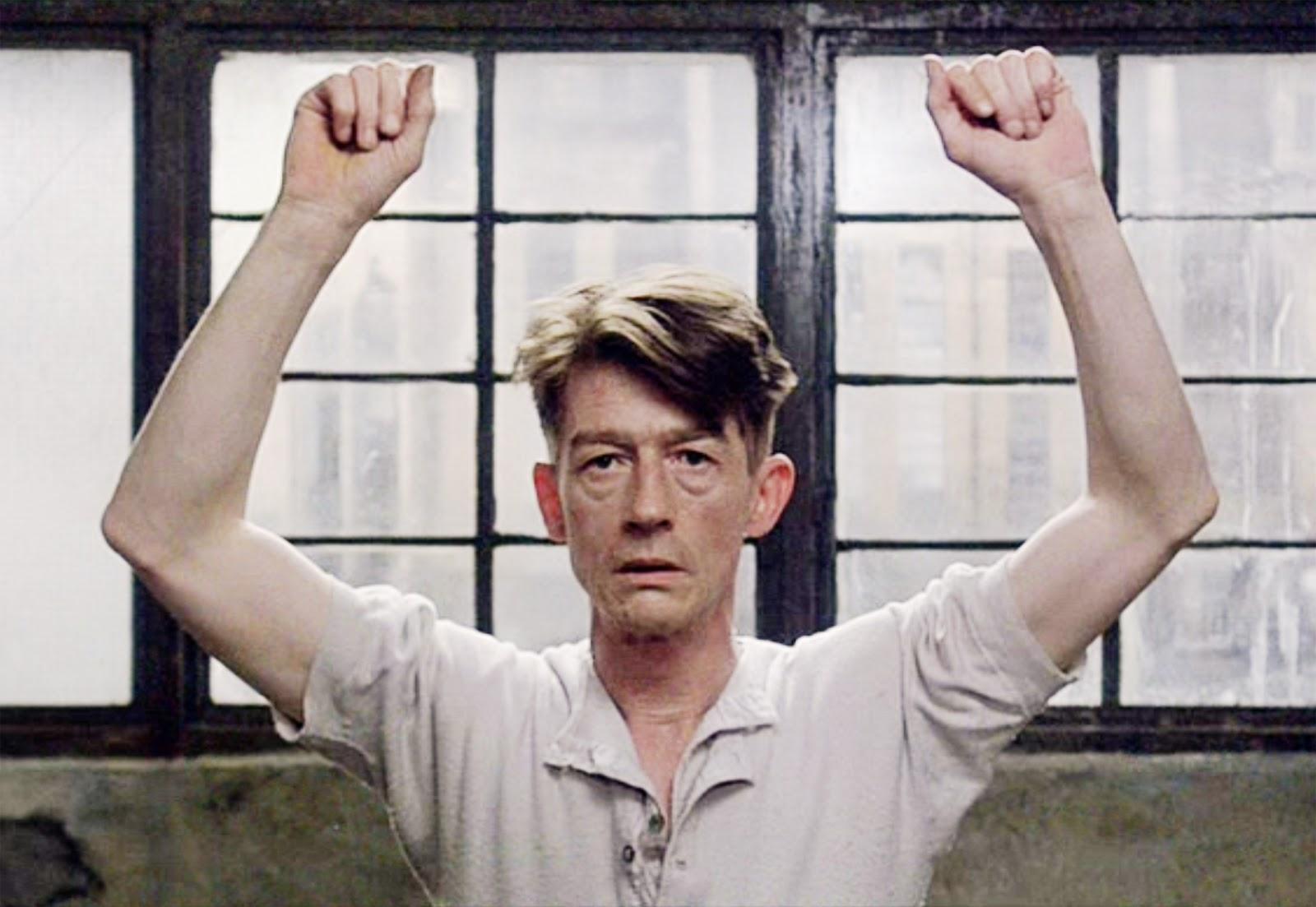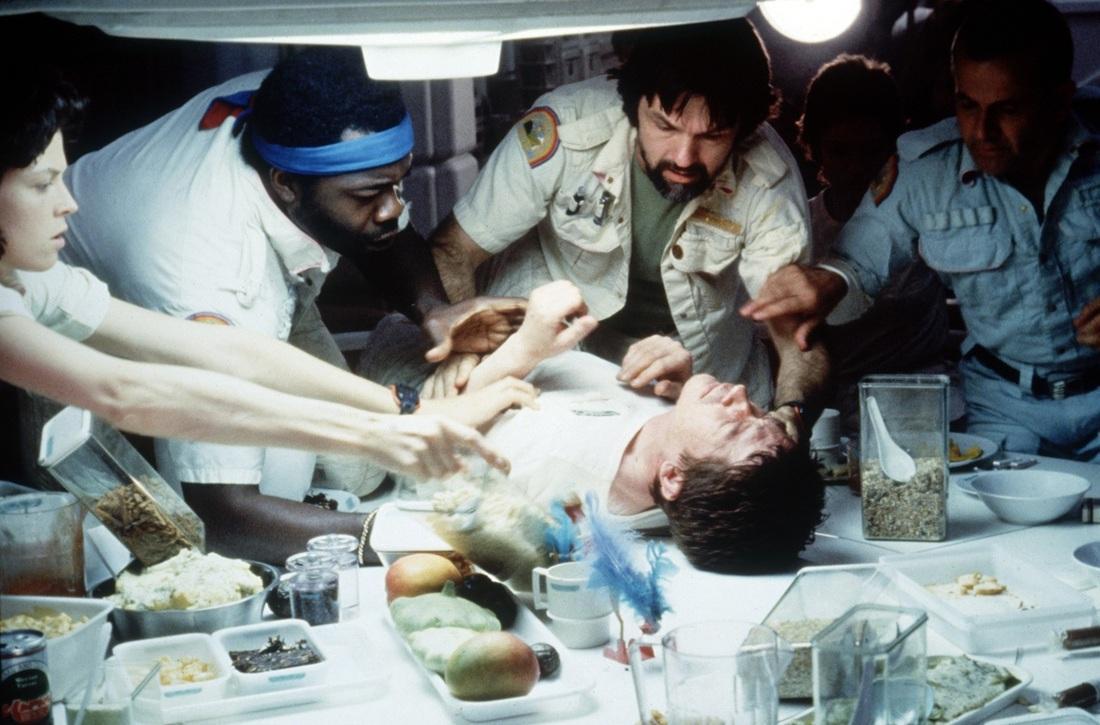John Hurt was a mercurial actor who excelled at playing the downtrodden
He may not have had the physical statue of a Richard Burton, but his voice was every bit as rich – and as recognisible

Your support helps us to tell the story
From reproductive rights to climate change to Big Tech, The Independent is on the ground when the story is developing. Whether it's investigating the financials of Elon Musk's pro-Trump PAC or producing our latest documentary, 'The A Word', which shines a light on the American women fighting for reproductive rights, we know how important it is to parse out the facts from the messaging.
At such a critical moment in US history, we need reporters on the ground. Your donation allows us to keep sending journalists to speak to both sides of the story.
The Independent is trusted by Americans across the entire political spectrum. And unlike many other quality news outlets, we choose not to lock Americans out of our reporting and analysis with paywalls. We believe quality journalism should be available to everyone, paid for by those who can afford it.
Your support makes all the difference.Contemplating John Hurt’s career, it’s hard not to marvel at the sheer longevity of it and the extraordinary number of brilliant performances he gave in films of every conceivable hue. He is in cinemas now as the priest counselling Jackie Kennedy and officiating at JFK’s funeral in Pablo Larrain’s Jackie (released last week). This was one of the last films he made and his health problems had been well chronicled but, on screen, he retained that familiar magnetism.
Hurt was the most mercurial of actors, able to switch in an instant from hyper-sensitivity to ultra-belligerence. He was one of British cinema’s greatest character actors but also had his share of leading roles. He excelled at playing the downtrodden but could be very imperious indeed when required. He may not have had the physical statue of a Richard Burton (with whom he worked on 1984) but his voice was every bit as rich – and was as instantly recognisable. (He could match Burton in the drinking department too, if some of the biographies and anecdotes from his contemporaries are to be trusted.)
There are many of his performances that, on their own, would define most any other actor’s career. Some will cherish him most for his wonderfully camp, exuberant but sensitive portrayal of Quentin Crisp in The Naked Civil Servant (1975). Mention his name to others and they will immediately think of the bloody creature bursting out of his chest in Alien. (The reason that scene registers so strongly isn’t just because of the special effects but because of the panic and the terror that Hurt portrays.) One of his showiest performances was as the deformed but tender-hearted John Merrick in The Elephant Man. Others will remember him as Brad Davis’s companion in misery in the Turkish jail in Midnight Express, or as Kris Kristofferson’s friend and nemesis in Heaven’s Gate (a film which took him from Ivy League splendour to the bleakest, dustiest corners of the American frontier).

Hurt could play madmen (Caligula in I, Claudius) and child-like savants. (He was very good in a clown-like fashion as the Fool to Laurence Olivier’s King Lear.) He was also one of the most ubiquitous performers of his generation. Regardless of what age you are and where your tastes lie, if you have any interest at all in film or television drama, you are bound to have seen and admired Hurt in something. He was promiscuous in the extreme in his choices. One moment, you might see him working with a European art house director like Jerzy Skolimowski in The Shout or narrating a Lars Von Trier film; the next, he’d pop up in some low-grade Hollywood horror franchise. He did Harry Potter. He was very at home in the seedy, double-dealing world of John Le Carré spy stories but would also be one of casting directors’ first choices to play absent-minded professor types. He could play pimps and chancers (he was strangely affecting as Stephen Ward in Scandal) , depraved cynics and roués (for example, Alan Clark) but also holy innocent types. There’s even a sporting biopic in the list of his triumphs. He looked very plausible as jockey Bob Champion overcoming cancer and jumping Becher’s Brook in Champions.
At times, as he racked up the credits in the latter part of his career, Hurt didn’t seem that discerning about the roles that he took. Inevitably, there were quite a few duds along the way. However, even in his very worst films, Hurt’s performances always stood out. They were never less than lively. His final film, now in post-production, is a biopic of Islington bare-knuckle boxer, “enforcer” and doorman, Lenny McLean. It sums up his extreme versatility and ability to bridge different worlds together that in another of his films that will appear posthumously, he plays Prime Minister Neville Chamberlain.
It’s very unlikely that any other actor will be able to match Hurt’s sheer volume or variety of work. His career spanned huge changes but whether he was making a realist British movie in the Sixties or acting in Samuel Beckett or hamming it up it up in his cameo in Hellboy 2, he brought the same waspish energy and wonderful sense of exasperated irony to everything he did.
Join our commenting forum
Join thought-provoking conversations, follow other Independent readers and see their replies
Comments